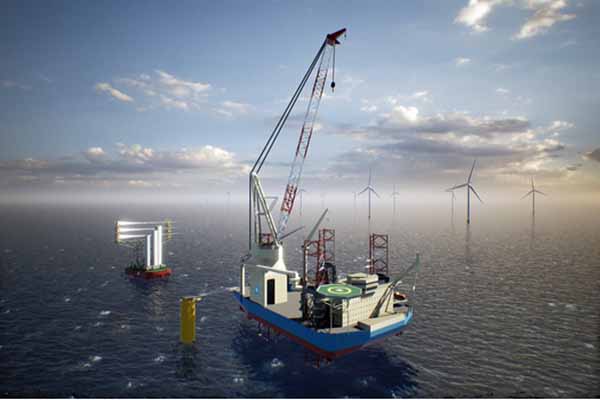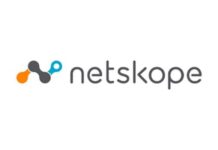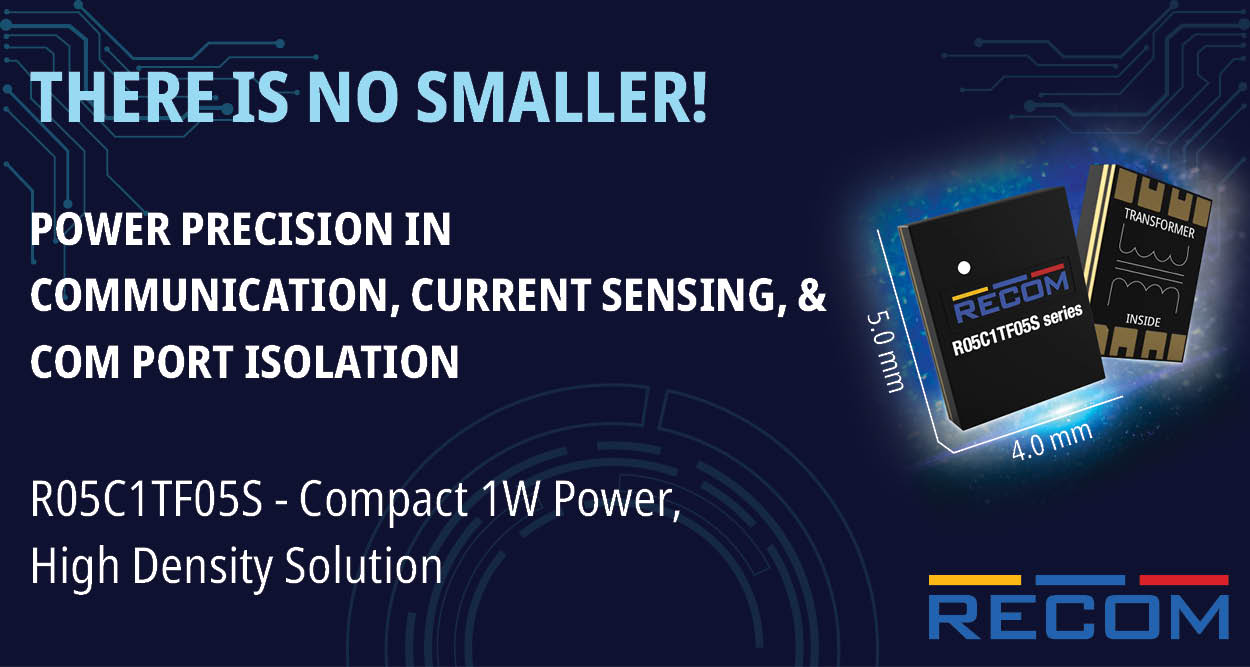Maersk Supply Service and Stiesdal Offshore have formed a strategic alliance to provide integrated solutions to the floating offshore wind sector. The two Danish companies intend to combine their respective strengths to create comprehensive and integrated engineering, procurement, construction, and installation (EPCI) solutions for foundations and moorings in order to support and accelerate the development of floating wind. According to Maersk, this integrated approach will streamline the value chain, allowing for faster installations and ultimately lowering the levelized costs of floating wind. Since 2017, Stiesdal Offshore has been growing the Tetra idea, the world’s first completely industrialized floating technology. Based on factory-made modules assembled in port to shape a whole foundation, the Tetra idea reduces production hours significantly, reaching a light-weight and cost-powerful floating foundation, the organisation said.
In cooperation with Shell, RWE and TEPCO Renewable Power, Stiesdal built and installed the first Tetra floater off the west coast of Norway in 2021, demonstrating the cost-saving and rationalisation potential of the concept.
Maersk Supply Service, a subsidiary of EPCI, provides global integrated solutions for the offshore energy sector. Its primary competencies include delivering towing and mooring scopes in some of the most challenging environments. The move into floating wind is therefore a natural progression for the company, combining its project management expertise, engineering and technical capabilities with a versatile fleet. Maersk Supply Service recently oversaw and executed the mooring system installation for the Saitec DemoSath floating wind energy project off the coast of Bilbao.
The aim of this collaboration is to leverage the companies’ combined strengths and assets to accelerate the rollout of floating wind. By establishing Maersk Supply Service and Stiesdal Offshore as a joint solutions provider, they can offer full-scope EPCI services to floating wind park developers looking to scale their projects from demonstrations to full commercial operation. This collaboration enables seamless interfacing between foundation design, fabrication and assembly execution, and offshore installation. Through pre-existing, fully worked out base solutions, the partnership will allow faster and more robust optimization for specific project needs and will facilitate shorter overall project durations, reduced working capital cycles, smoother foundation fabrication to installation and overall reduced risk and improved project delivery, the companies said.














